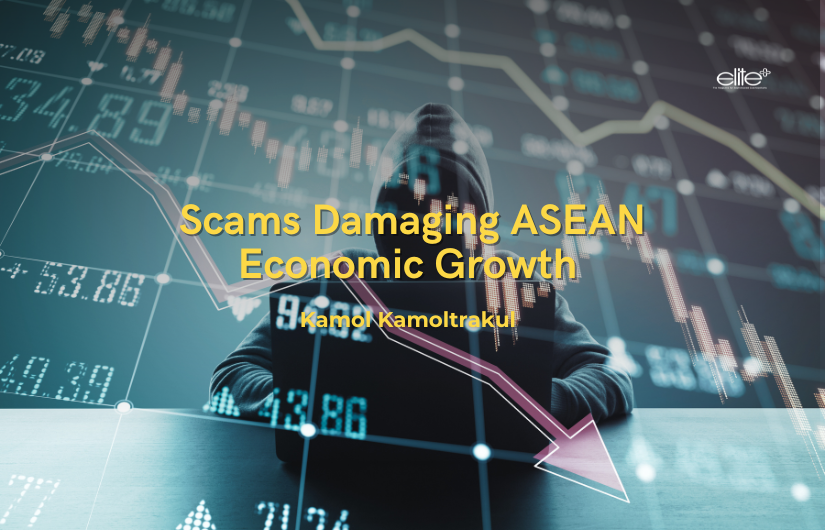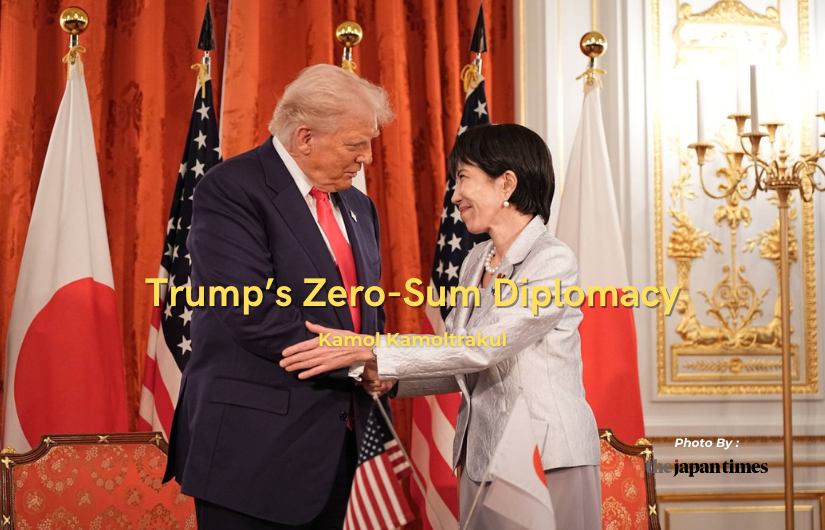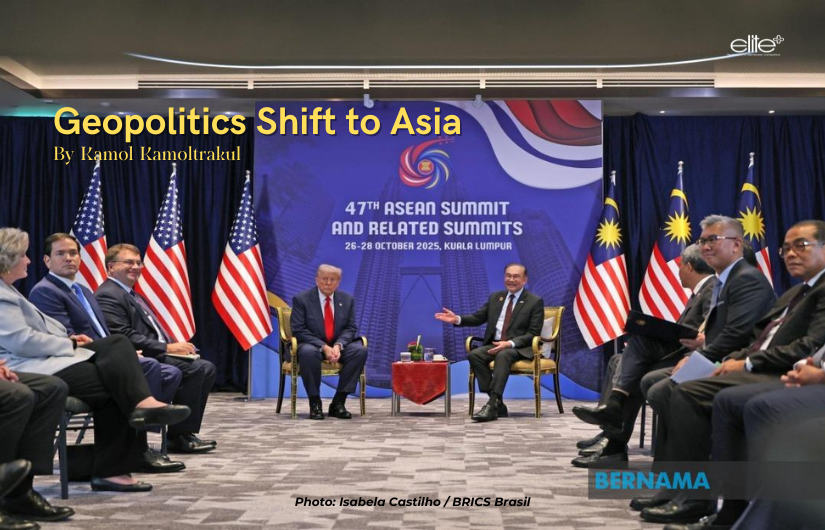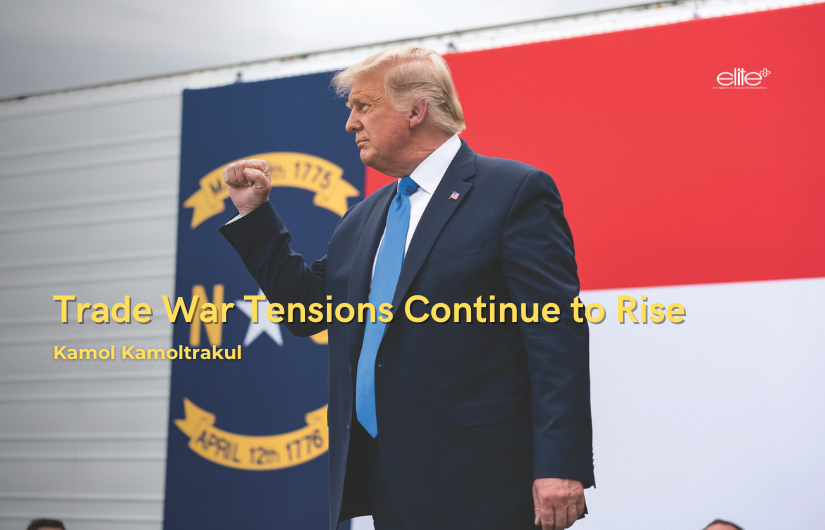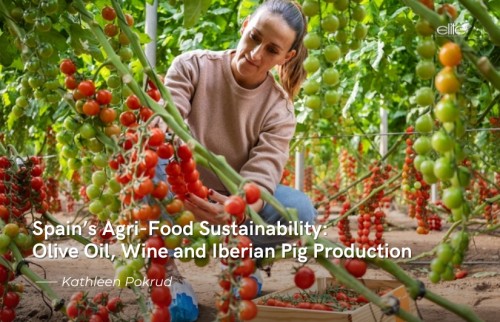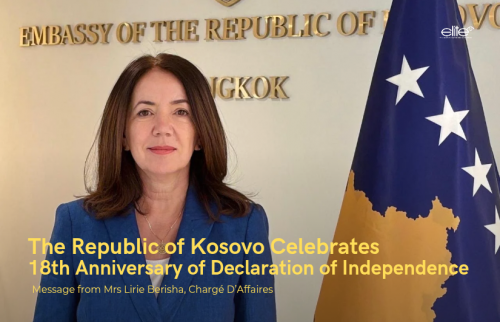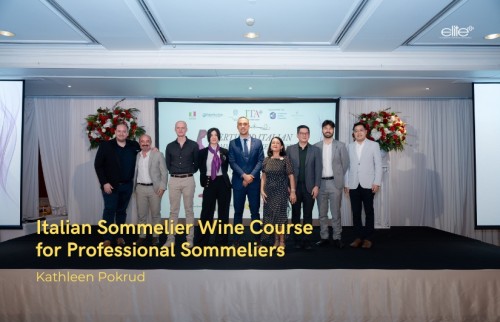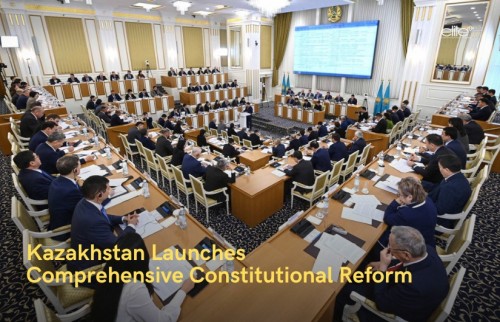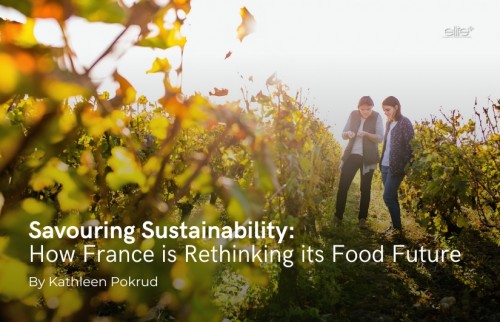SCO Tianjin Summit 2025: Shaping the Future of Global Governance
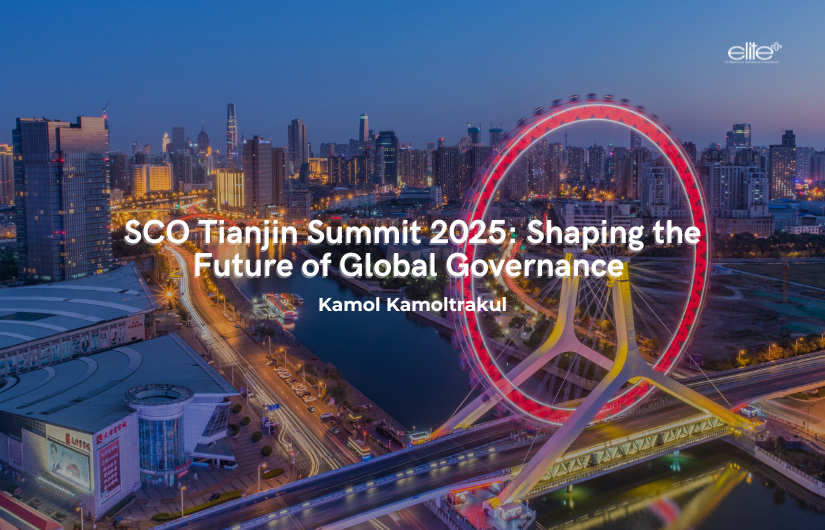
In the face of a turbulent and changing international landscape, including the US weaponizing tariffs to pressure other countries into compliance with their policies, countries are working to find protection by joining together or with regional or international blocs, which is accelerating the expansion of global organisations, particularly BRICS and the Shanghai Cooperation Organization (SCO).
Analysts say, weaponizing tariffs represents a significant shift in how trade is conducted, emphasising power dynamics over traditional economic considerations instead of following the rules based system.
The end of global rules based on trade and tariffs has been confirmed by a report of the Council on Foreign Relations, which stated, “The global trading system as we have known it is dead. The World Trade Organization (WTO) has effectively ceased to function as it fails to negotiate, monitor or enforce members’ commitments.
Fundamental principles such as the ‘most favoured nation’ status, or MFN, which requires WTO members to treat one another equally except when they have negotiated free-trade agreements, are being jettisoned as Washington has imposed tariffs ranging from ten to more than 50% on dozens of countries.
Both the ‘America First’ trade strategy and China’s analogous ‘Dual Circulation’ and ‘Made in China 2025’ strategies reflect a flagrant disregard for any semblance of a rules-based system and a clear preference for a power-based system to take its place. Even if pieces of the old order manage to survive, the damage is done: there is no going back.”
Hence, often called “NATO of the East”, the Shanghai Cooperation Organization (SCO) that emerged post-Cold War, is not just a regional organisation, but a geopolitical experiment that aims at blending Eastern diplomacy with non-Western alliances. Every year, the SCO summit promotes cooperation on security, economy and connectivity.
The SCO is an intergovernmental organisation established in 2001 by China, Russia, Kazakhstan, Kyrgyzstan, Tajikistan and Uzbekistan to promote cooperation and peace among its member states. This year, on 15 July 2025, the SCO Council of Foreign Ministers meeting was held in Tianjin. After the session, China announced the SCO Summit will take place from 31 August to 1 September 2025 in Tianjin. At the SCO summit each year, leaders of all member SCO countries, observer states and dialogue partners come together. This year, leaders from more than twenty countries and more than ten international organisations will attend the summit and related events.
Wang Yi, China’s foreign minister, told reporters that the Tianjin Summit is going to be the largest in the history of the SCO and expressed confidence that with the concerted efforts of all parties, the summit will surely be a grand event, featuring solidarity, friendship and fruitful outcomes. With this event, the SCO will enter a new stage of high-quality development characterised by stronger solidarity, coordination, dynamism and productiveness.
In addition, Wang Yin put forward proposals for the SCO’s future development to stay true to its founding mission and carry forward the ‘Shanghai Spirit’, the very root and soul of the SCO. Mutual trust, mutual benefit, equality, consultation, respect for diversity of civilisations and pursuit of common development illustrate what a new type of international relations should be, based on the original aspiration of the founding of the SCO.
Member states now need to further champion the Shanghai Spirit to strengthen SCO cohesion, action and appeal. They must take solid steps to perform, excel and build the SCO into a fine example of mutual respect, fairness and justice to achieve win-win cooperation.
Moreover, to drive the engine of development, the SCO should fully tap its potential, strengthen industrial chains, stabilise supply chains, enhance value chains and foster growth drivers in economics, trade, investment and connectivity. They must focus on scientific and technological innovation, green industries, the digital economy and sustainable development that leaves no one behind.
China, which holds the presidency for 2024-2025, will host the SCO summit, and its goals are loud and clear. With Xi Jinping calling the SCO a ‘model for a new type of international relations’, China is expected to push for expanded trade in the Yuan to challenge Dollar dominance, institutionalising the SCO Development Bank and conducting deeper security drills under the RATS (Regional Anti-Terrorist Structure) banner.
The Chinese foreign minister also proposed a bold, development plan centred on the Shanghai Spirit of mutual trust, equality and consultation to defend fairness and justice.
Since a certain country puts its own interests over international public good, undermining the common interests of the international community, the SCO should take the 80th anniversary of the founding of the United Nations (UN) as an opportunity to firmly uphold the UN’s authority while advocating for an equal and orderly multipolar world. With universally beneficial, inclusive, economic globalisation, together, the nations of the world can champion the common values of humanity, safeguard legitimate rights and interests of member states and work for a more just and equitable global governance system, Wang Yi said.
However, according to Global Times, there have been a lot of changes since last year’s summit hosted by Pakistan. Belarus’s accession as the 10th full member has shifted the SCO into Europe, expanding its ideological and geographic reach. China’s presidency has resulted in increased integration of trade, energy and financial frameworks, including plans for an SCO Development Bank and clearance systems in local currencies.
An SCO Energy Ministers Meeting resulted in the 2030 roadmap, indicating growing cooperation in renewables and SCO’s pivot toward climate resiliency and sustainable growth. Afghanistan’s continuous instability, rising regional terrorism and trust deficits have intensified and led the SCO to double down on counterterrorism protocols and regional task forces as RATS continues to receive the highest priority.
The Tianjin Summit is expected to be a landmark event as it will review past commitments and assess the performance of trade pacts, education initiatives and defence cooperation. It also aims to strengthening digital collaboration, exploring a joint data sharing network for AI and cyber defence, as well as energy and food security strategies, proposing long-term solutions for energy dependency and food insecurity across Eurasia.
The meeting will also formalise Belarus’s membership and potential inclusion of new dialogue partners from Southeast Asia and Africa as the summit commemorates 25 years of the SCO, offering a symbolic moment to reflect on the organisation’s past journey and plans for the next quarter-century.
The Shanghai Cooperation Organization has evolved from a border security alliance into a comprehensive regional institution. While it faces internal diversity and external perceptions, its commitment to multilateralism, collective security and inclusive development has given it legitimacy and endurance.
As the world navigates a shifting geopolitical landscape, the SCO’s continued relevance will depend on its ability to adapt, include and innovate. With the 2025 Tianjin Summit on the horizon, the SCO stands at a critical juncture, poised either to solidify its position as a Eurasian powerhouse or confront deeper internal fissures.
One thing is clear: in an era of rising multipolarity, the SCO is not just a regional forum, it’s a strategic pillar in shaping the future of global governance, experts have said.
Last year, the SCO Summit 2024, hosted by Pakistan, was the first the country hosted since it became a full member in 2017. The summit was framed as a milestone for regional diplomacy, and Pakistan showcased itself as a bridge between South Asia and Central Asia and the wider Eurasian region. It was a successful event, but problems were also evident as India’s decision to send a lower-level delegation, rather than Prime Minister Modi himself, highlighted persistent bilateral tensions and cross-border issues.
However, every year, the SCO summit arrives with a grand and symbolic gesture. The real question is if it is actually shaping a future or just staging it. While it is a gathering of some nuclear powers and economic giants, behind the unity lies a paradox: how can an organization that includes both India and Pakistan or Iran and Russia alongside China truly function as a coherent bloc?
This is why some political analysts have questioned if the 2025 SCO Summit is going to be a ‘coming of age’. In a world where the West is fragmented and multipolarity is no longer a dream but a dilemma, the SCO has a choice to either lead with coherence or crumble under contradiction. Tianjin might not give all the answers, but it will certainly tell us in which direction this alliance is headed next.

Kamol Kamoltrakul 48 Posts
Visiting lecturer: Navy Academy Institution, NIDA, School of Governor, Ministry of Interior, Chulalongkorn University, Former Lecturer, ABAC Honorary Advisor Trade and Industry Committee Senate. Senior advisor, Standing Committee on Finance and Banking, The House of Representative. Former Advisor to the Minister of Interior Board Member of ThaiPBS Board Member Of Thai Consumer Council Columnist : Prachachart Business Weekly, Matichon Weekly, Khom Chad Luke Daily Former Program Director Asian Forum for Human Rights and Development ( FORUM-ASIA).




